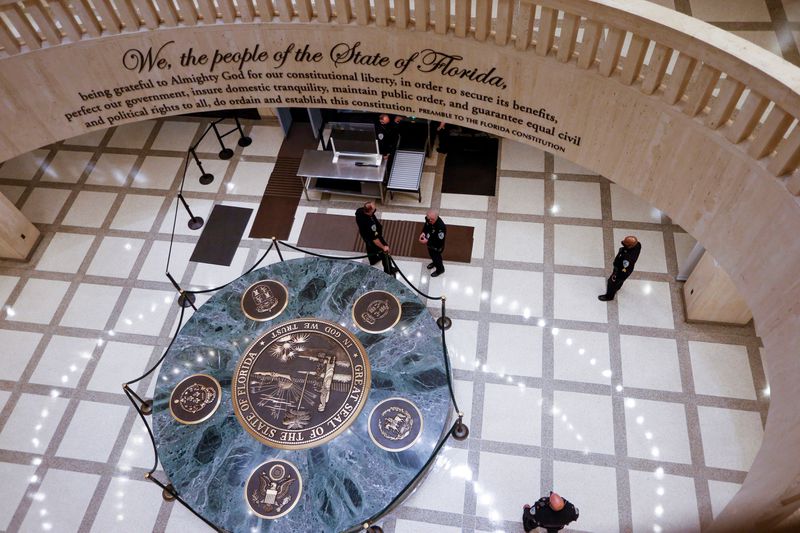Florida transgender athlete bill may be dead for the year, Senate sponsor says
Orlando Sentinel | by Leslie Postal | April 20, 2021
A controversial push to ban transgender females from girls’ and women’s school sports teams in Florida looks to be dead this year after a key senator said Tuesday there likely was not time to craft legislation that both protects those athletic squads and “respects the inherent dignity of each person.”
The Florida House last week voted to ban transgender females from female sports teams, following a national push by conservatives that has been taken up GOP-controlled statehouses across the country.
The passage of the House bill (HB 1475) was called bigoted and unnecessary by opponents. They noted that both the Florida High School Athletic Association and the NCAA already have policies that provide ways for transgender students to join school sports teams, and that there have been no documented problems since those policies were enacted.
The Senate had proposed a less-strict version (SB 2012) than the House, one that provided some options for transgender females to play sports.
Sen. Kelli Stargel, that bill’s sponsor, late Tuesday proposed amending her bill to make it more similar to the House version. But then Wednesday, when it was to be taken up by the Senate rules committee, she asked that it be postponed.
In an emailed statement released a short time later, she suggested there likely wasn’t time to deal with this issue this session.
“I believe Florida should protect the ability of girls and women to safely participate in athletics, and I think there is consensus among my colleagues surrounding that underlying policy objective,” she said. “ We want to get there in a manner that respects the inherent dignity of each person, while at the same time acknowledging the fact that the biological differences between men and women can be significant, and can vary based on how far along a person is within their transition.”
Stargel, chair of the Senate’s appropriations committee, said her top priority as the Legislature’s session nears its end is to work on passing a budget. “In a time-limited environment, I don’t know that we will have sufficient time to revisit SB 2012 this session.”
House lawmakers who voted for the “fairness in women’s sports act” said it is needed to protect female athletes who could be denied athletic opportunities if they had to compete against transgender students who were born male.
It would allow students to compete only on teams that match their gender listed at birth.
The FHSAA requires documentation of “consistent identity and expression” and medical information as part of its process to clear transgender students to play on school sports teams. The NCAA allows transgender women to compete on women’s teams after a year of hormone therapy.
A bill similar to the House version passed in Idaho last year and quickly landed in court where a federal judge ruled that state could not ban transgender females from female sports teams. Idaho’s law is now on hold during appeals, but similar bills have been passed in several other states, and they have been introduced in more than 25.
The NCAA said recently it would only look to hold its championships in states that are “free of discrimination” and said its policy is based on “inclusion and fairness.”
The NCAA has several championship events scheduled in Florida in the coming year, including tennis in Altamonte Springs, golf in Howey-in-the-Hills and Orlando, volleyball in Tampa, rowing in Sarasota, and cross country in Tallahassee.
In Florida, opponents of the House bill said it targets transgender students, who are already often marginalized, and could mean some youngsters get kicked off teams on which they already play.
Image: Capitol Police patrol a visitors entrance before the March 2 opening day joint session of the Florida Legislature at the Capitol in Tallahassee. (Ivy Ceballo/TNS)






